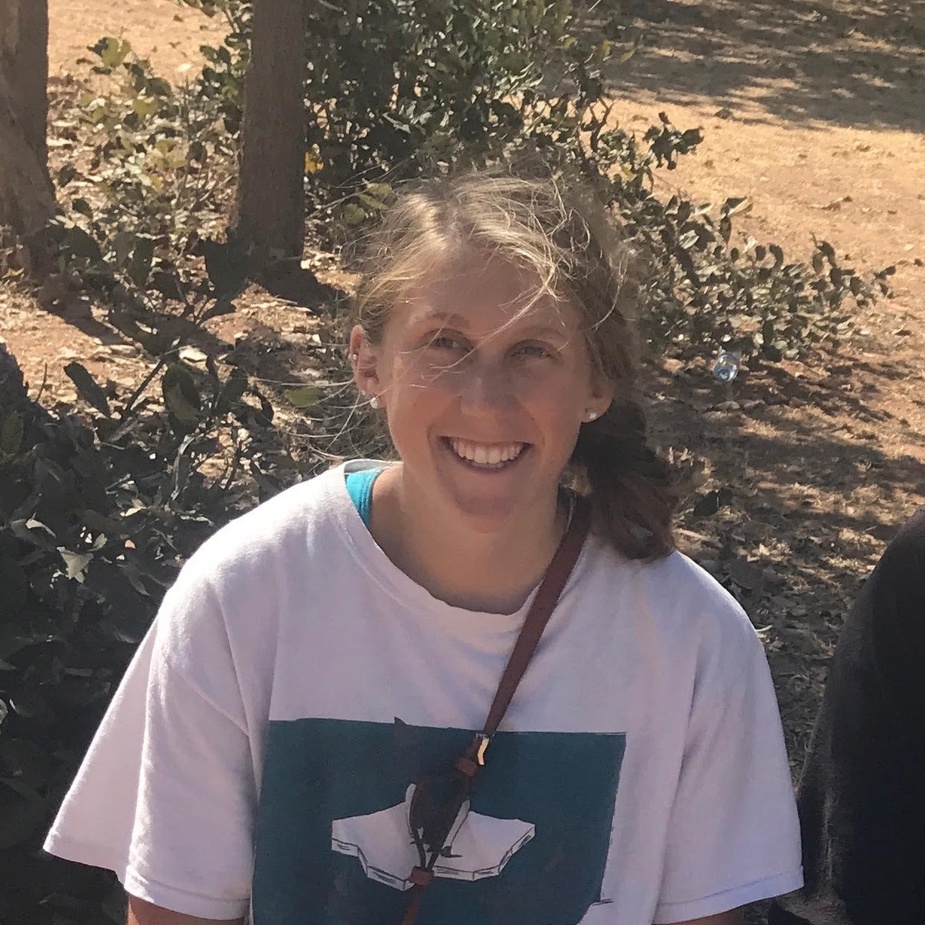Featured: Hollyn Cetrone
[/et_pb_text][et_pb_text _builder_version=”3.23.3″ text_font=”Standard2||||||||” text_font_size=”27px” min_height=”40px” custom_padding=”18px||”]By: David Zane & Emily Suen.
[/et_pb_text][/et_pb_column][et_pb_column type=”3_5″ _builder_version=”3.23.3″][et_pb_text _builder_version=”3.23.3″ text_font=”Times New Roman||||||||” text_font_size=”19px” text_line_height=”1.5em”]Hollyn Cetrone is a senior, originally from the Bay Area, studying towards a neuroscience major and global health minor. She is currently working with Professor Sera Young.
Tell me about your research
I got into research in January of junior year. I work with Dr. Sera Young. My project is looking at how a specific agriculture and nutrition project in Tanzania affect depression. The purpose of the project was to improve nutrition, but it’s special because it also works to improve maternal depression in the area. It’s a side effect they didn’t see happening. Last summer, I got to go to Tanzania and collect data since it’s been happening for two years.
How did you choose to work on this project with Professor Young?
Originally I wanted to pursue medicine and become a doctor, but I have come to realize that I’m really interested in preventative health and contributing to well-being without pills or expensive treatments. One day, I got an email that the global health department was looking for a research assistant for this topic. Helping farming—something as simple as that—seemed like something that I would be interested in.
Tell me about your collaboration with the people in Tanzania.
What’s really cool with global health is that they are encouraging a lot of North-South collaboration rather than an intervention of it being like “America, fix this problem”. It’s more sustainable because we’re working with a university in Tanzania and professors in Tanzania as well as a non-profit organization. They know so many things about the area and culture, and what will work and what won’t work.
Tell me a bit about how you’ve changed since the beginning of the project.
Throughout the project, I got really good at planning and multitasking. As a student, I feel like you’re just doing what is told all the time. But, when I was doing research, I had to come up with a plan for myself and other people, seven days at a time. The fact that I could do so much on my own made me feel accomplished. I’m at a point where I can do things without asking a professor, and it just feels good to be trusted that much and trust myself that much.
What are some challenges you’ve encountered during your project?
When I went so Tanzania, I was the only American. It was not a program. I didn’t understand what international work meant. Teamwork with the people who barely spoke English was essential to figure it out together. The problem solving was a success everyday.
Do you have any favorite moments?
I had a translator when I was there in Tanzania. The best moment was when she and I finally got to a point where we culturally understood each other’s jokes and make each other laugh.. Just being able to finally get through to the people you’re working with was my favorite part.
Where do you see yourself going with this project in the future?
I’m actually going to present my results at a conference in India in June which is really cool. After that, I want to write an article about it and put it in a journal. I just want other researchers and policy makers to learn about this and say, “Whoa! Nutrition is such a cheap way to improve mental health.”
What advice would you give to undergraduates thinking about going into research?
Don’t be scared to ask professors what research opportunities there are. That was the absolute scariest part for me, but the worst they can do is point you to another person. They’re not gonna get mad at you.
What does doing research means to you and your experience at Northwestern?
I’d say doing research is one of my favorite parts of my experience at Northwestern. It has made me feel really confident about myself, and I feel research skills are so applicable to many job settings. For example, you need to be skilled at organizing and planning for any job. I think research is definitely a good thing.
[/et_pb_text][/et_pb_column][/et_pb_row][/et_pb_section]
